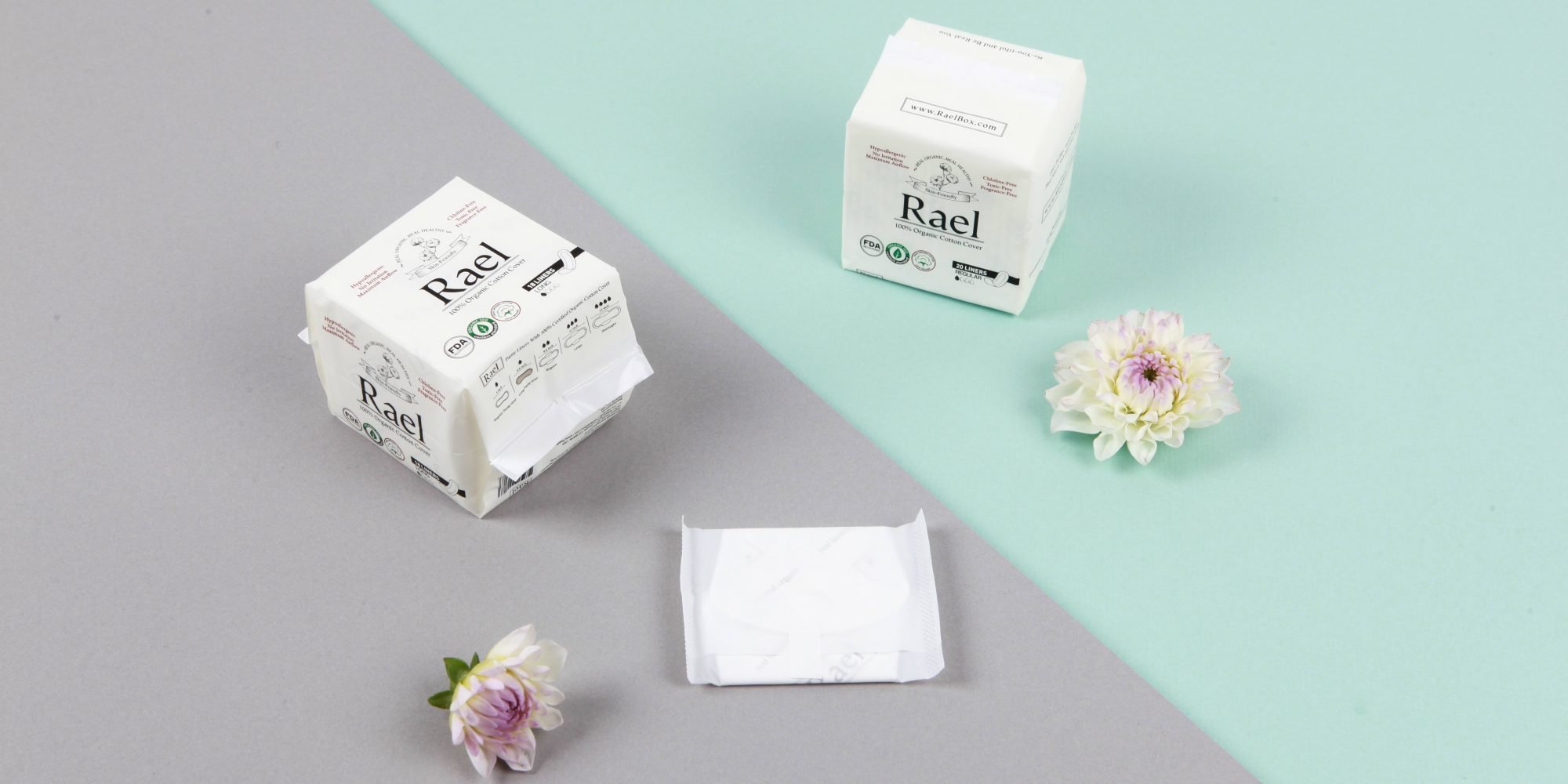
Feminine-Care Startup Rael Is Banking On Brick-And-Mortar Distribution To Reach $50M In Revenue This Year
When Yanghee Paik moved to the United States 15 years ago, there were numerous things she missed about her native South Korea.
Comfortable, high-quality feminine care was chief among them. Every time she went back, she would return with a massive supply. Paik’s not the only one. She says, “Some Korean women bring back entire suitcases filled with pads. We just can’t stand the alternatives in the drugstores here.”
Paik, a former Boston Consulting Group consultant and The Walt Disney Studios movie distributor, never considered turning her hankering for comfy pads into a business, though, until she met fellow Los Angeles-based Koreans Aness An and Binna Won. Former colleagues An, a journalist, and Won, an architect-turned-art director, persuaded Paik to team up with them to enhance American period products with Korean know-how.
“We wanted to combine technology from Korea with the best natural and organic ingredients from here to provide healthy, safe alternatives to the conventional products that are full of toxic chemicals,” says Paik, who has an MBA from Harvard University. She, An and Won launched Rael exclusively on Amazon in the summer of 2017.
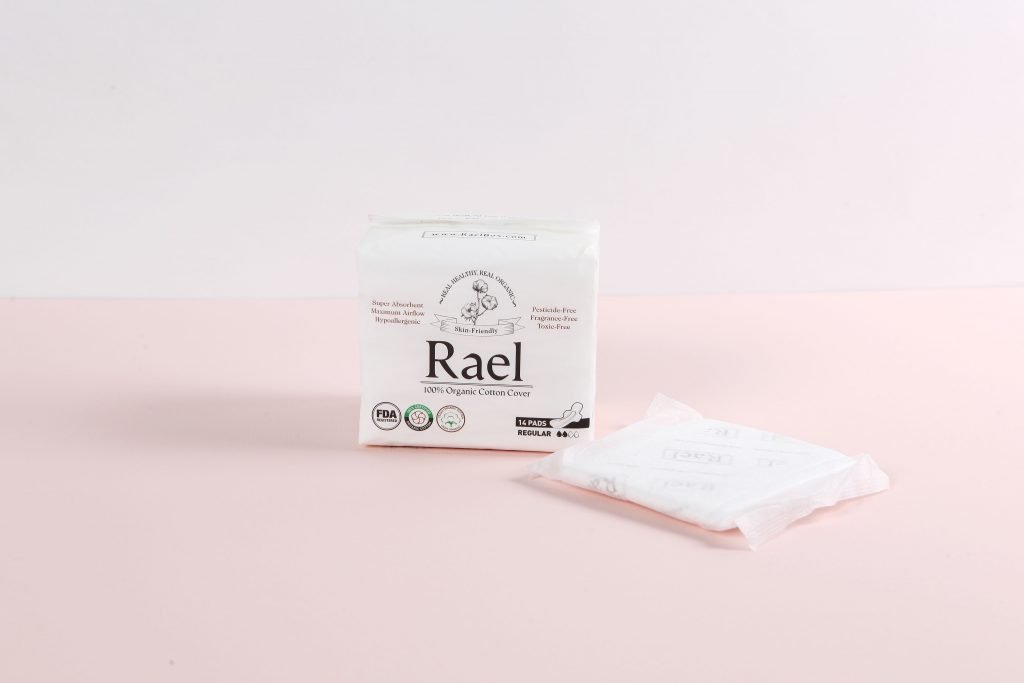
On Amazon, the brand faced the world’s biggest menstruation players such as Always, Kotex and Stayfree—and beat them. Within two months, Rael rose to the number-one spot in sanitary napkins. It made it to the top with a different sort of message for period maintenance: Rael touted transparency and skin-friendly organic cotton.
The brand had decided to ride the crimson wave at precisely the right moment. Wellness and clean product movements have upended loyalty to entrenched brands, and Rael has joined a surging group of feminine care startups (e.g., OrganiCup, Lola, Thinx, Cora and The Honey Pot Company) raising awareness about alternatives to established offerings. The budding brands’ philosophies are tailored to millennial and gen z audiences that have demonstrated a willingness to experiment. And feminine care sales are projected to climb both nationally and globally.
“We wanted to combine technology from Korea with the best natural and organic ingredients from here to provide healthy, safe alternatives to the conventional products that are full of toxic chemicals.”
Still, Rael’s Amazon ascendency didn’t happen without a ton of work. Paik, An and Won obsessively studied the feedback consumers were giving their brand on the giant e-commerce platform and implemented changes in response to it. The cotton in Rael’s pads was packed extremely tight to make them thin while being absorbent, but some customers reported the pads were too stiff. So, the brand redesigned them to increase flexibility.
Paik credits the founders’ multilingual, multicultural backgrounds with enabling them to find factories in Korea that allow Rael to be nimble. She says, “It has been a very strategic relationship that we leveraged to improve our products constantly and, then, even come up with better, novel ideas.”
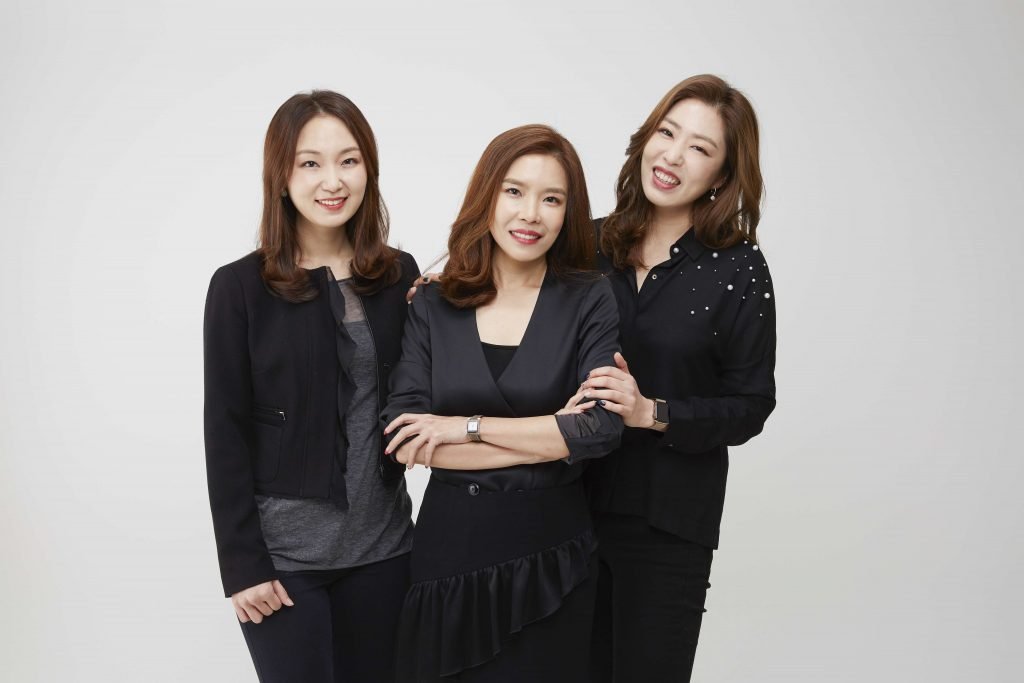
The novel ideas have kept coming. Rael began with pads and panty liners, but it’s blossomed into a range of tampons, feminine washes, feminine wipes, period underwear and, most recently, period beauty products like pimple patches and sheet masks. Rael’s pads, which retail at $6.99 for a pack of 14, remain its bestseller, but Acne Healing Patches priced at $4.50 for 24 stickers that launched in August are also performing well. The brand plans to introduce a tampon with a plastic applicator that it has high hopes for. Currently, it only sells tampons with cardboard applicators or no applicators.
“What we want to do ultimately as a brand is to help women to be more productive and help them pursue their dreams and focus on what they’re passionate about by taking care of all the worries and their concerns they have around their period,” explains Paik. “Because one week out of the four weeks of every month is a lot of time to think about it, especially when you think about the fact that women have their period for 40 years of their lives.”
“We have a big ambition to be a global brand. We want to be a brand that’s out there for all the women around the world.”
Rael’s success on Amazon caught the attention and checkbooks of a broad range of investors, including NYX Cosmetics founder Toni Ko, Native Deodorant founder Moiz Ali, Pritzker Group, Mirae Asset, GS Retail Fund, SoftBank Ventures Korea and BAM Ventures, which is run by The Honest Co. co-founder Brian Lee. It raised $17.5 million during a Series A round, more in a Series A than any other fem-care startup to date, according to Paik. In total, Rael has pulled in $20.4 million.
The money has been put toward beefing up Rael’s website and direct-to-consumer sales, and preparing it to enter a major mass brick-and-mortar retailer in the spring. Paik didn’t name the retailer, but shares the brand will be in about 2,000 doors by the end of the second quarter. Paik expects the retail placement to propel Rael’s revenues beyond $50 million this year.
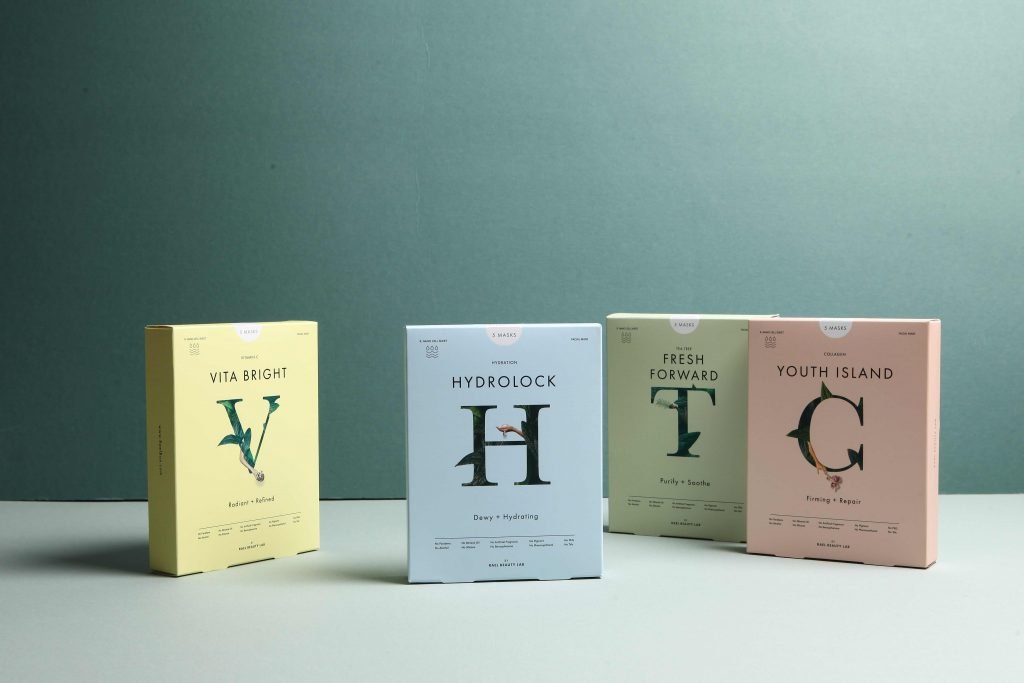
“It’s a game changer for the company. We were an Amazon company initially and became a direct-to-consumer company and, now, we’re going to be in brick-and-mortar stores,” she says. “We want to make our products accessible to our customers, which differentiates us from some of the competitors that are only doing direct-to-consumer sales that makes them quite exclusive. We want to make it very easy to get us.”
Paik’s goal is for Rael to be accessible outside of the U.S. as well within it. The brand is already doing business in Europe via Amazon Prime and opened an office in Korea last year. In 2019, Paik aims to expand Rael further into Asia and is looking at the Japanese, Chinese and Southeast Asian markets. “We have a big ambition to be a global brand,” says Paik. “We want to be a brand that’s out there for all the women around the world.”
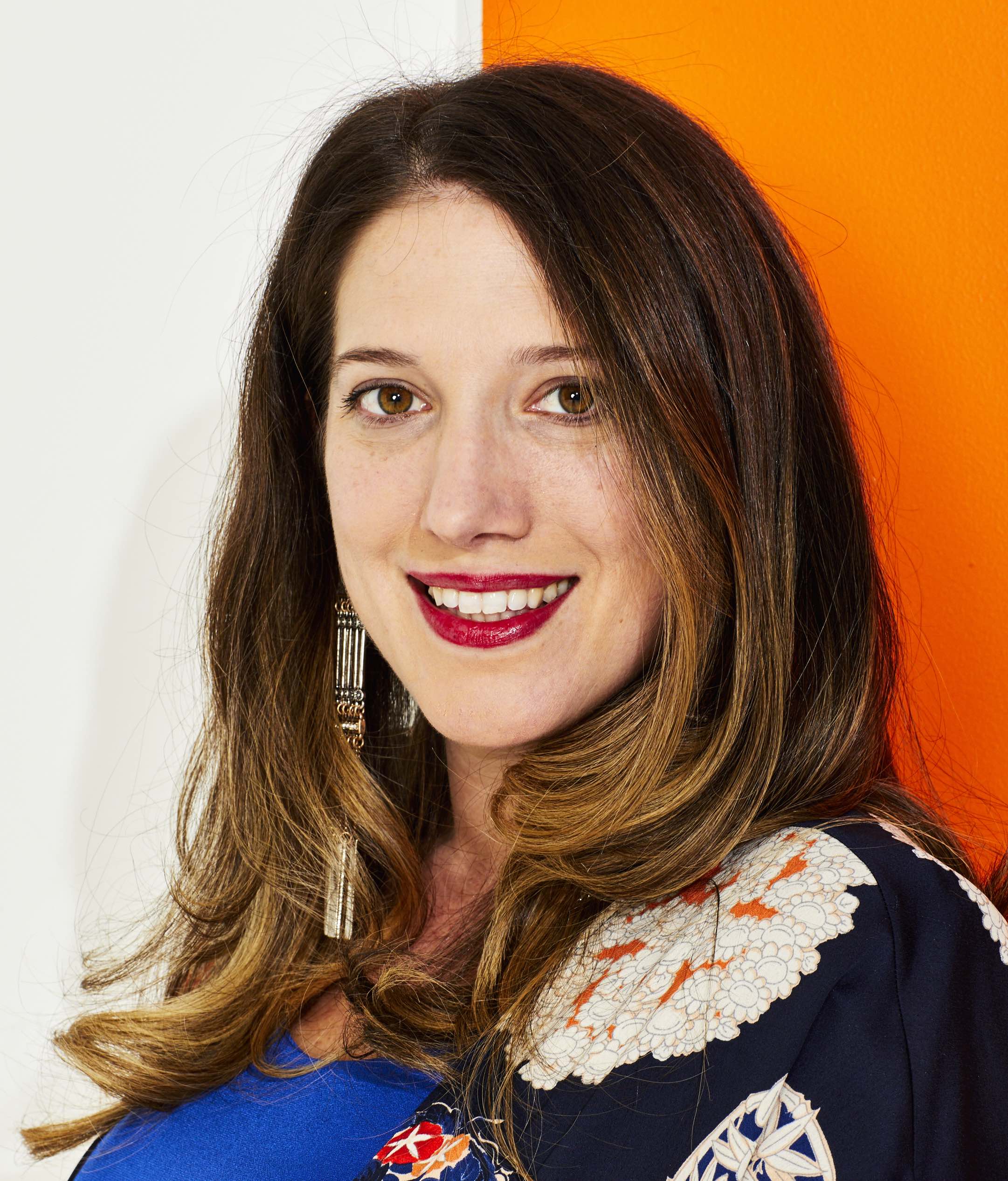
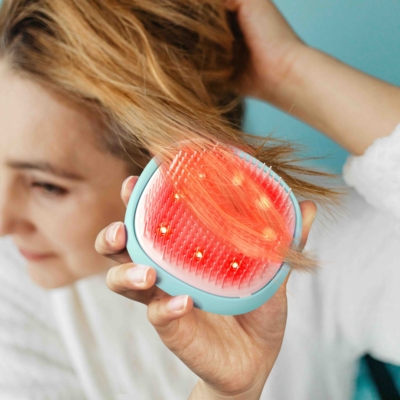
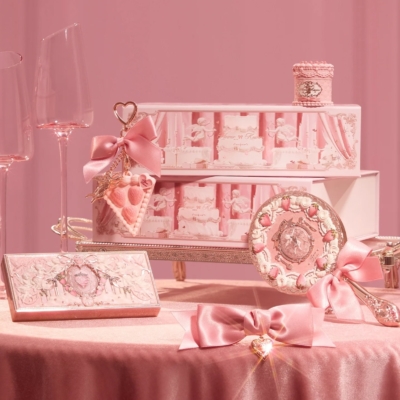
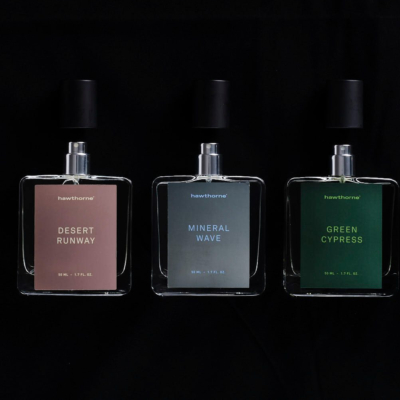
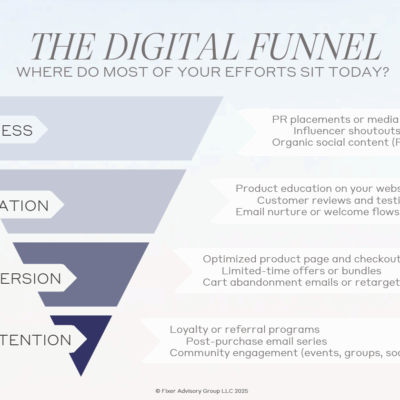
Leave a Reply
You must be logged in to post a comment.